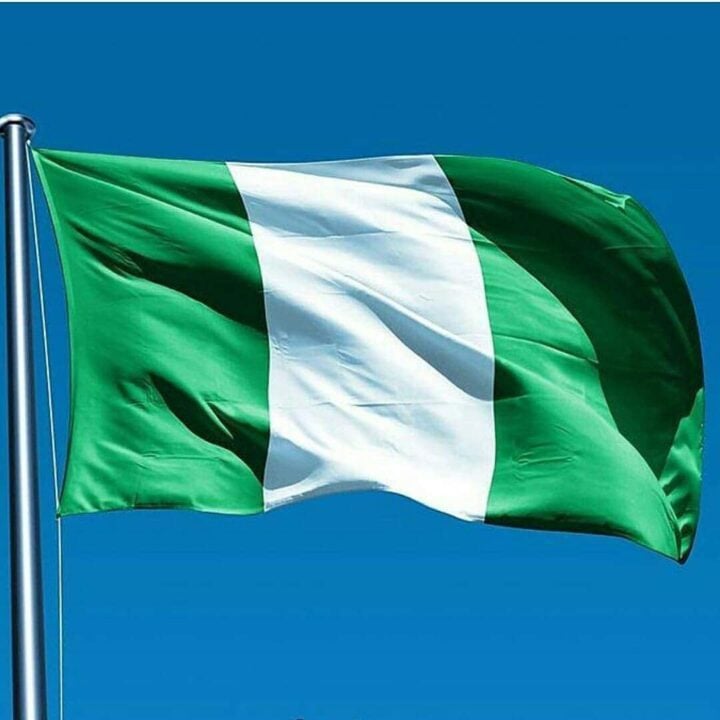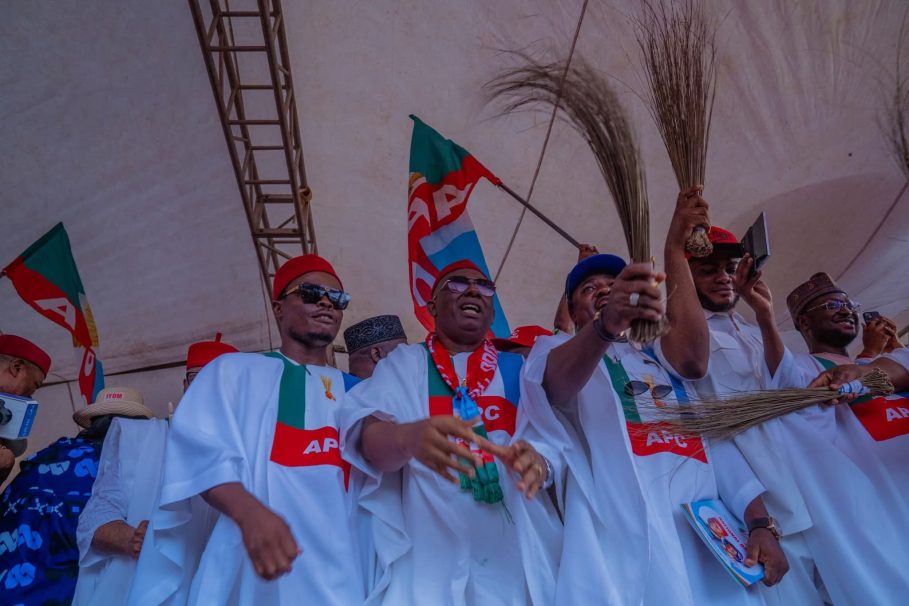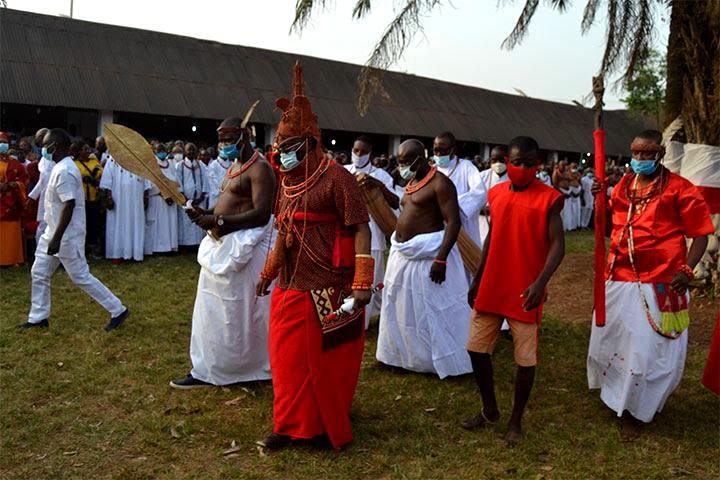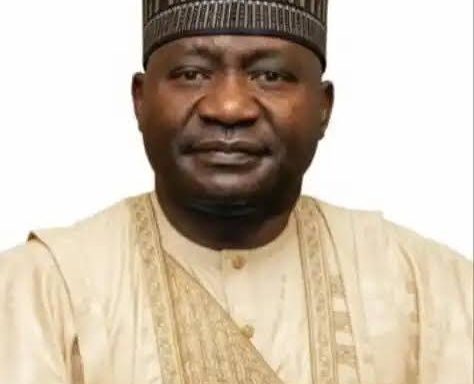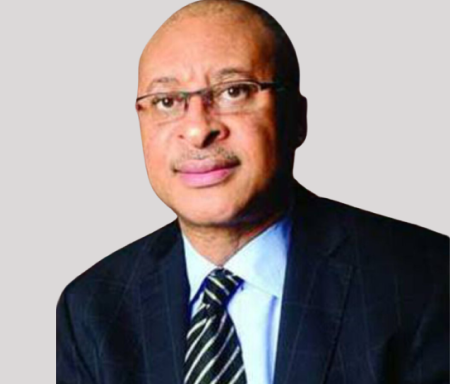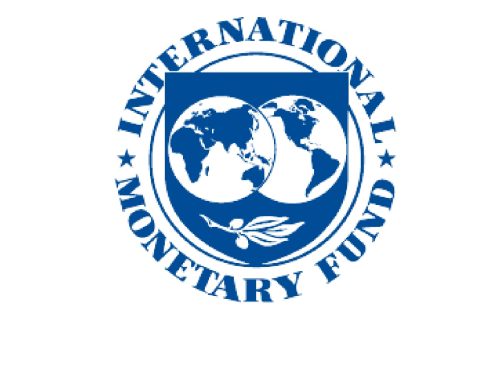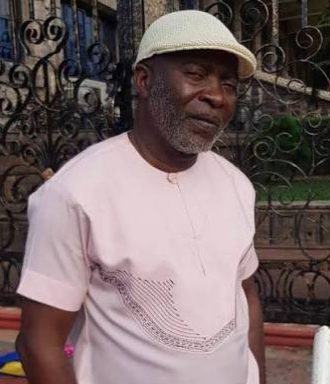When a country goes two years without ambassadors, it’s more than a bureaucratic lapse, it’s a crisis of presence. For a nation that once prided itself as Africa’s diplomatic leader, Nigeria’s silence on the world stage is deafening.
In September 2023, the Tinubu administration recalled all ambassadors from the country’s 109 foreign missions for what was described as an “administrative overhaul.” The expectation was that new envoys would soon follow.
Two years later, the embassies remain headless. More than 100 diplomatic missions across Africa, Europe, Asia, and the Americas are now managed by chargés d’affaires, career officers tasked with keeping the lights on but lacking the authority to fully represent the President.
Join our WhatsApp ChannelThis is not a minor gap. It’s a strategic vacuum that says something troubling about how Nigeria perceives its role in the world.
The Missing Voice
Ambassadors are the nation’s diplomats-in-chief, its face, voice, and handshake abroad. They shape trade, negotiate bilateral agreements, and advocate for citizens in distress.
Their absence means Nigeria’s participation in global conversations is diluted, its influence diminished, and its image eroding.
While Ghana is wooing investors in London and Kenya is building digital diplomacy networks, Nigeria’s envoys are effectively on mute.
For a nation with the largest population and one of the biggest economies in Africa, that silence is costly.
Excuses Wearing Thin
Foreign Affairs Minister Yusuf Tuggar has offered several explanations: funding constraints, administrative reforms, and political delays. According to him, Nigeria’s missions abroad have been struggling with unpaid rents, salary arrears, and operational deficits. In his words, “We cannot appoint new ambassadors without addressing the structural and financial realities we inherited.”
Yet the argument wears thin. Governance is about prioritization. If the government can fund political campaigns, global delegations, and ministerial retreats, it can certainly appoint ambassadors.
Diplomacy is not a luxury, it is an essential function of the state. A nation that cannot represent itself abroad projects weakness, not prudence.
READ ALSO : Trump Threatens to Cut U.S. Aid to Nigeria, Military Action Over Killings of Christians
Cabinet Reshuffle: Anxiety As Ministers Begin Stocktaking, New Faces May Emerge October 1
The Trump Factor and Nigeria’s Diplomatic Silence
When U.S. President Donald Trump recently hinted at re-designating Nigeria as a Country of Particular Concern (CPC) over alleged religious freedom violations, it exposed just how vulnerable Nigeria has become without ambassadors.
An ambassador in Washington, D.C. would have been the first line of defense, engaging the U.S. State Department, the White House, and Congress to present Nigeria’s side of the story. Instead, there is no voice of authority to clarify facts, mediate narratives, or prevent policy decisions that could harm Nigeria’s image and citizens abroad.
In situations like this, an ambassador’s role is critical. They would have:
1. Opened dialogue with U.S. officials to explain the security and interfaith realities on the ground.
2. Countered misinformation through diplomatic channels and public engagement.
3. Activated back-channel diplomacy to forestall punitive labeling that could affect aid, trade, and immigration.
4. Showcased Nigeria’s counter-terrorism and peacebuilding efforts, framing them within a human rights context.
Without a substantive envoy, Nigeria’s response to President Trump’s statement is left to bureaucratic routine rather than strategic diplomacy. And in today’s world, where perception shapes policy, silence is not neutral; it’s self-defeating.
The Price of Inaction
The cost of this diplomatic paralysis is already visible. Analysts warn that Nigeria’s absence from key diplomatic corridors undermines its aspirations for a permanent seat on the UN Security Council. Student exchange programmes, trade negotiations, and security partnerships have also stalled.
“It’s humiliating for a country of Nigeria’s stature to have no ambassadors anywhere in the world,” a retired envoy told ThisDay. The International Centre for Investigative Reporting has equally noted that the vacuum threatens Nigeria’s credibility and diminishes opportunities for global engagement.
The African Democratic Congress (ADC) has gone further, accusing the government of “eroding Nigeria’s global credibility” through prolonged inaction. Within the foreign service itself, morale has slumped as career diplomats operate indefinitely without leadership or clear policy direction.
Reform or Retreat?
The administration’s claim of a merit-based reform is noble in theory, but reform cannot justify paralysis. Overhauling a system should not mean shutting it down. Two years is more than enough time to vet, nominate, and deploy competent envoys.
If anything, this inertia risks hollowing out Nigeria’s diplomatic corps. Experienced officers are demoralized, while foreign partners quietly turn their attention to more responsive African nations.
Mounting Concerns and Unanswered Questions
Experts have warned that the continued absence of ambassadors risks long-term damage to Nigeria’s foreign relations. Diplomats and policy analysts note that it weakens Nigeria’s push for greater global influence, especially in light of shifting international power dynamics.
Key questions remain unanswered:
When will the ambassadorial list be transmitted to the National Assembly for confirmation?
Are financial constraints genuinely blocking the process, or is the delay rooted in political bargaining?
How is Nigeria ensuring that its foreign interests are protected while embassies are led by chargés d’affaires?
What safeguards exist to prevent long-term institutional decay within the foreign service?
Until these questions are addressed transparently, the narrative of “strategic reform” remains unconvincing.
A Call for Leadership
Nigeria’s foreign policy once defined Africa’s moral compass, from peacekeeping missions in Liberia and Sierra Leone to frontline diplomacy against apartheid. That history is now fading, not because the world stopped listening, but because we stopped speaking.
President Tinubu must urgently appoint ambassadors and restore direction to Nigeria’s foreign service. The delay has already cost the country credibility; further hesitation risks costing it relevance.
In diplomacy, silence is not neutrality, it is absence. And absence, for a country like Nigeria, is peril.
Amanze Chinonye is a Staff Correspondent at Prime Business Africa, a rising star in the literary world, weaving captivating stories that transport readers to the vibrant landscapes of Nigeria and the rest of Africa. With a unique voice that blends with the newspaper's tradition and style, Chinonye's writing is a masterful exploration of the human condition, delving into themes of identity, culture, and social justice. Through her words, Chinonye paints vivid portraits of everyday African life, from the bustling markets of Nigeria's Lagos to the quiet villages of South Africa's countryside . With a keen eye for detail and a deep understanding of the complexities of Nigerian society, Chinonye's writing is both a testament to the country's rich cultural heritage and a powerful call to action for a brighter future. As a writer, Chinonye is a true storyteller, using her dexterity to educate, inspire, and uplift readers around the world.


